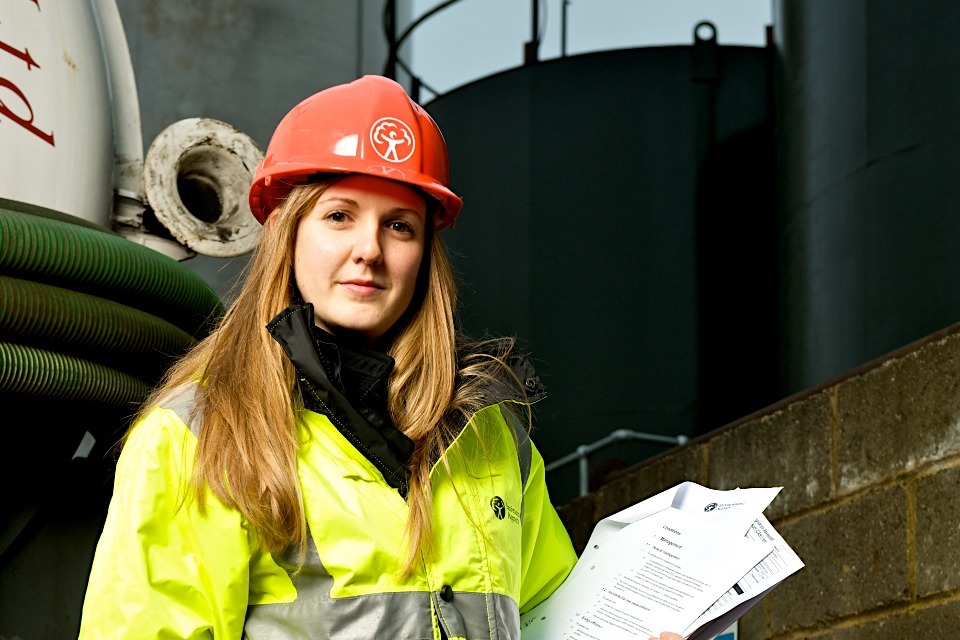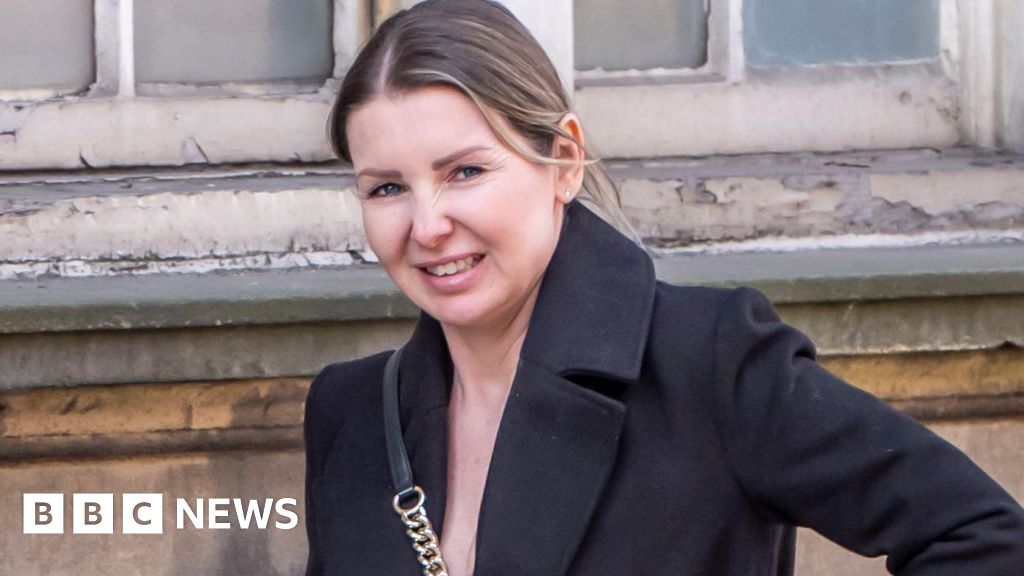The average UK household can expect an increase in bills in everything from water charges to council tax next week, as 2025 looks set to be difficult year for personal finances.
A number of bills will rise from 1 April, including gas and electricity, council tax and water bills in what is likely to be a hard month for struggling households.
Increases to water bills and council tax will have the biggest impact in the month. And with some households shaping up to pay hundreds more, it’s important to know what to expect.
Here’s are the biggest bill rises coming in 2025:
Energy bills
From 1 April, the annual energy bill for a household using a typical amount of gas and electricity will go up £111 a year, or £9.25 a month, to £1,849.
Ofgem, which regulates how much suppliers can charge for each unit of energy, raised the price cap earlier this year by 6.4 per cent.
The cap is set every three months and affects 22 million homes in England, Wales and Scotland. Ofgem’s chief executive Jonathan Brearley said the increase was “unwelcome”.
Water bills
Water bills are set to rise by £11 a month on average from April following regulator Ofwat’s price review, but this can vary depending on region and water company.
An annual Southern Water bill will jump 47 per cent to £703, for example, while Anglican Water customers will pay 19 per cent more.
This marks the first stage of a 36 per cent increase in bills over the next five years. Ofwat said the increase would pay for a £104 billion upgrade of the water sector to deliver “substantial, lasting, improvements for customers and the environment”.
Exactly how much a household water bill will rise varies from region to region. Southern Water customers will experience the biggest bill rise of all 11 water and wastewater companies. Wessex Water customers will see the lowest increase with a 21 per cent bill rise over the period.
Council tax
Another spiralling cost, council tax will rise by £108 on average in April after Labour confirmed bills will be allowed to rise by a maximum of 4.99 per cent.
This means that households will see rises of around two times higher than the current inflation rate. The increases could raise an additional £1.8bn for councils in 2025-26, communities minister Matthew Pennycook has said.
Technically, the cap has remained at 2.99 per cent in recent years, with an extra 2 per cent permitted for councils with social care responsibilities. This accounts for 152 out of 317 councils.
It’s likely many local authorities will opt to raise council tax by the full 4.99 per cent in 2025, as 95 per cent of eligible councils did last year.
TV licence
TV licence fees will also go up in line with inflation, meaning the cost of a standard colour TV licence will go up £5, increasing from the current £169.50 to £174.50.
For the latest cost of living advice and personal finance tips as 2025 kicks off, visit The Independent’s regularly updated guide.



.jpg?trim=0,50,0,50&width=1200&height=800&crop=1200:800)
